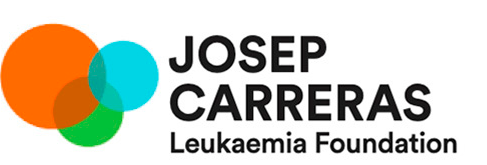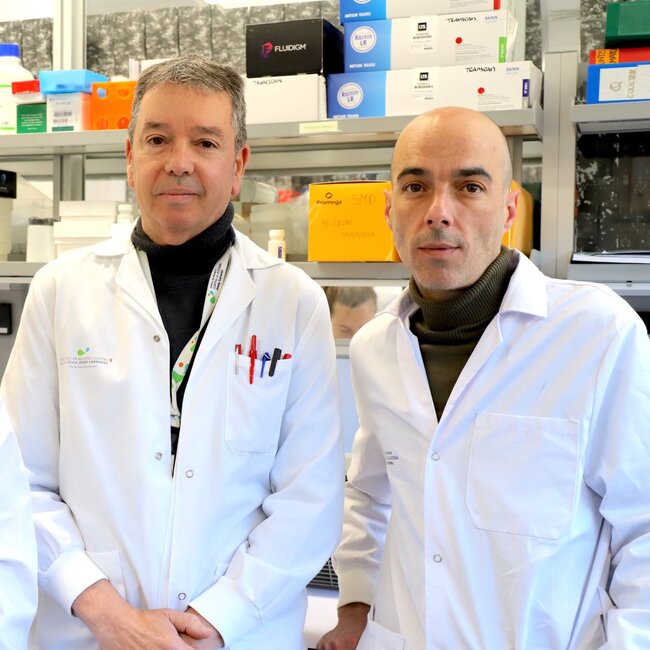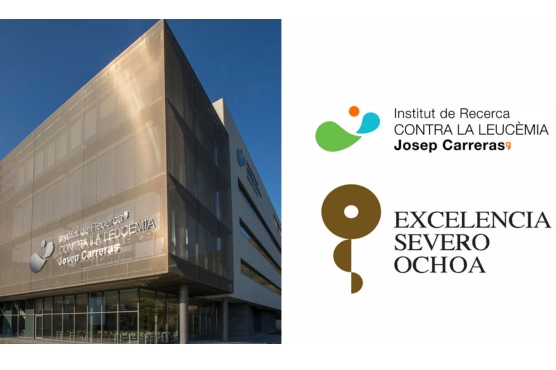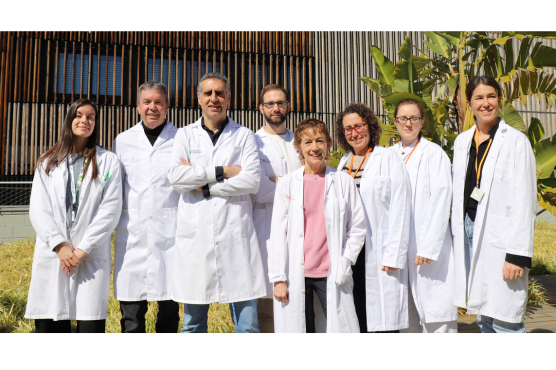Researchers from the Myelodysplastic Syndromes (MDS)’s group at the Josep Carreras Leukaemia Research Institute have successfully tested a new method to determine cancer-related genetic variants in pooled samples from patients. This new method improves the current method, based on targeted next generation sequencing technology, to deliver a cost-effective diagnostic of cancer patients.
Over 90% of patients diagnosed with MDS bear genetic variants in their DNA which confers them special susceptibility towards cancer or are cancer-promoting themselves. Thus, in the last decades, the international researcher’s community has been deciphering the most relevant genetic variants for each cancer type and how can this knowledge be used to better manage these patients more effectively.
In this sense, molecular insight is used in the clinical practice not only in cancer diagnostic but also in treatment guidelines. In MDS, the preferred methodology to interrogate genetic alterations is multiplexed targeted Next Generation Sequencing (tNGS). However, tNGS is expensive and technically complex and, therefore, cannot yet become an international standard when it comes to analysing lots of samples.
To address this issue, a team of researchers from the Josep Carreras Leukaemia Research Institute has been testing an alternative methodology combining tNGS and classical Sanger DNA sequencing, a much cheaper technology, in MDS patients. The team, spearheaded by Dr. Oriol Calvete and supervised by Dr. Francesc Solé, hypothesized that pooling samples from different MDS patients would still allow for the precise detection of characteristic mutations using tNGS, despite the dilution effect.
In a recent publication at the scientific journal Biomedicines, the team proved that pooling samples from MDS patients had little impact on the sensitivity of tNGS and that up to 4 samples could be successfully processed in a single experiment, without losing any quality in the outputs. After the identification of any concerning genetic variant in the pool, the precise assessment of the patient bearing it can be easily resolved by direct sequencing using the Sanger method, an old and reliable technology more than twenty times cheaper than tNGS.
This pilot experience in MDS patients demonstrates that the affordable screening for cancer-related genetic variants is possible over a large number of samples, while keeping the accuracy of tNGS. In this way, the door opens to the widespread adoption of precise and reliable genetic screening of patients, internationally, allowing for a better patient stratification and helping clinicians choose the best treatment option.







